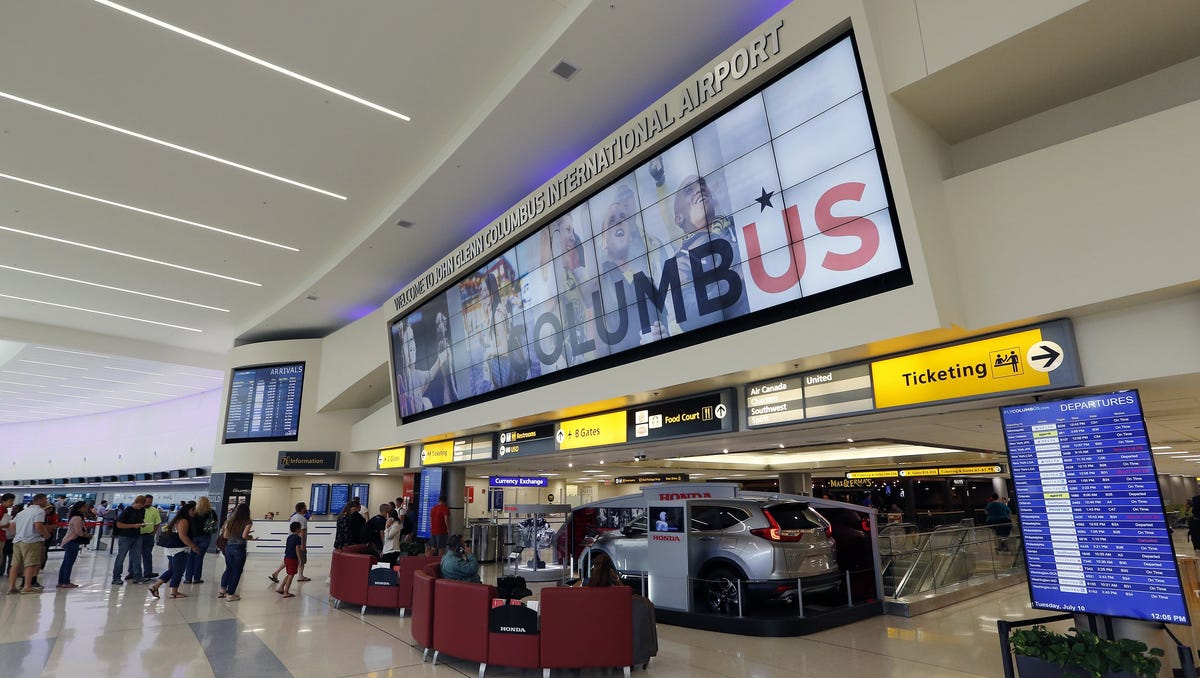World
Iran’s Pezeshkian says Tehran ready to work with world powers to resolve nuclear standoff

By Parisa Hafezi
UNITED NATIONS (Reuters) -Iran is ready to end its nuclear standoff with the West, Iranian President Masoud Pezeshkian told the United Nations General Assembly on Tuesday, while calling for an end to Russia’s war in Ukraine through dialogue.
Iran’s clerical establishment hopes to see an easing of U.S. sanctions that have crippled the country’s economy.
Then-President Donald Trump abandoned Tehran’s 2015 nuclear pact with six world powers in 2018 and reimposed tough sanctions on Iran. Efforts to revive the pact have failed.
Tehran’s relations with the West have worsened since the Iranian-backed Hamas militant group attacked southern Israel on Oct. 7 and as Tehran has increased its support for Russia’s war in Ukraine.
Pezeshkian, a relatively moderate politician who took office in August promising a pragmatic foreign policy, criticized Iran’s arch-foe Israel for what he called “its genocide in Gaza.”
“It is imperative that the international community should immediately … secure a permanent ceasefire in Gaza and bring an end to the desperate barbarism of Israel in Lebanon, before it engulfs the region and the world,” he said.
An Israeli airstrike on Beirut killed a senior commander of the Iranian-backed Hezbollah militant group in Lebanon on Tuesday as cross-border rocket attacks by both sides increased fears of a full-fledged war.
“We seek peace for all and have no intention of conflict with any country … Iran opposes war and emphasizes the need for an immediate cessation of military conflict in Ukraine,” Pezeshkian said.
Russia has cultivated closer ties with Iran since the start of its war with Ukraine and has said it is preparing to sign a wide-ranging cooperation agreement with the Islamic state.
Iran has brokered ongoing secret talks between Russia and Yemen’s Houthi rebels to transfer anti-ship missiles to that militant group, three Western and regional sources said, a development that highlights Tehran’s deepening ties to Moscow.
(Writing by Parisa Hafezi; Editing by Howard Goller)









